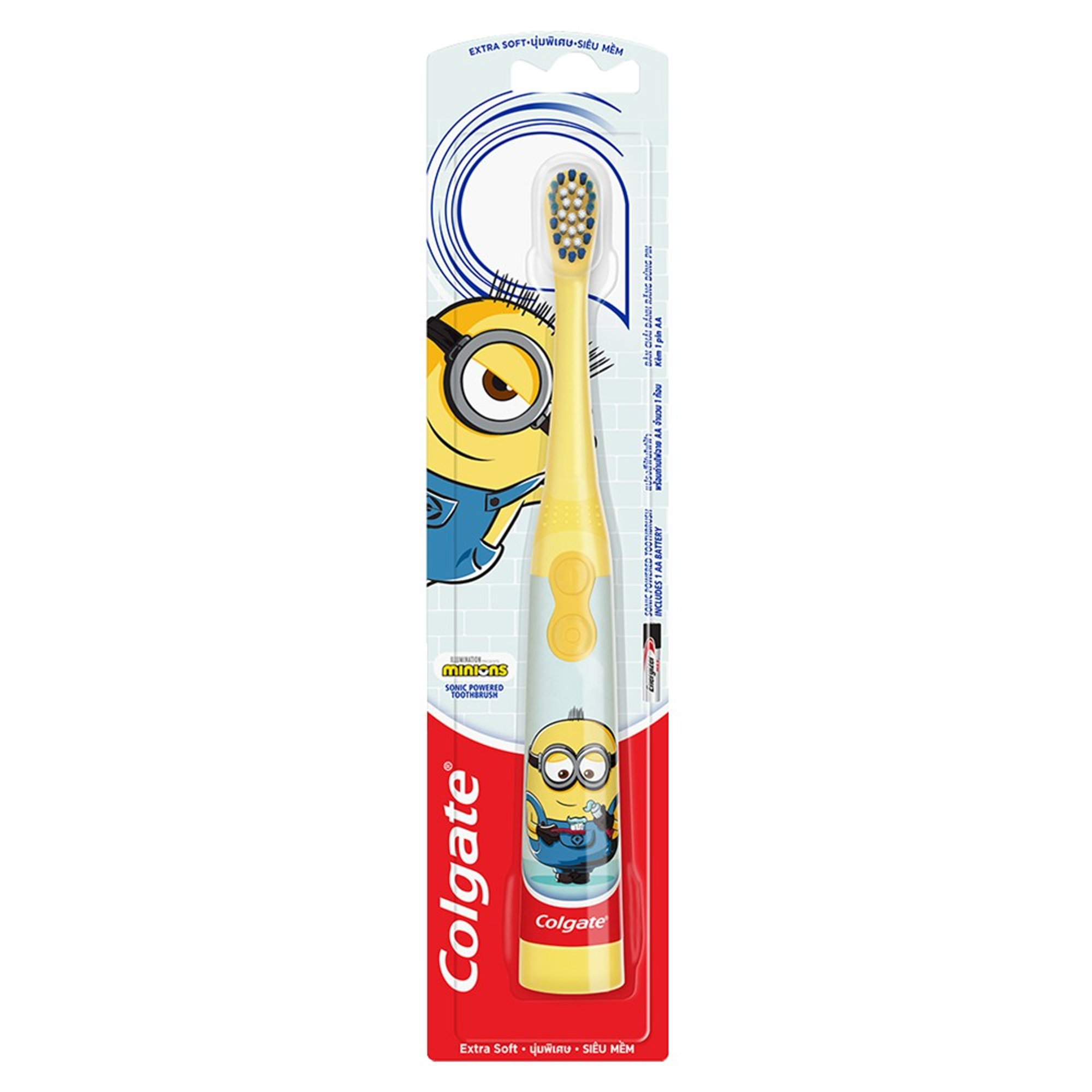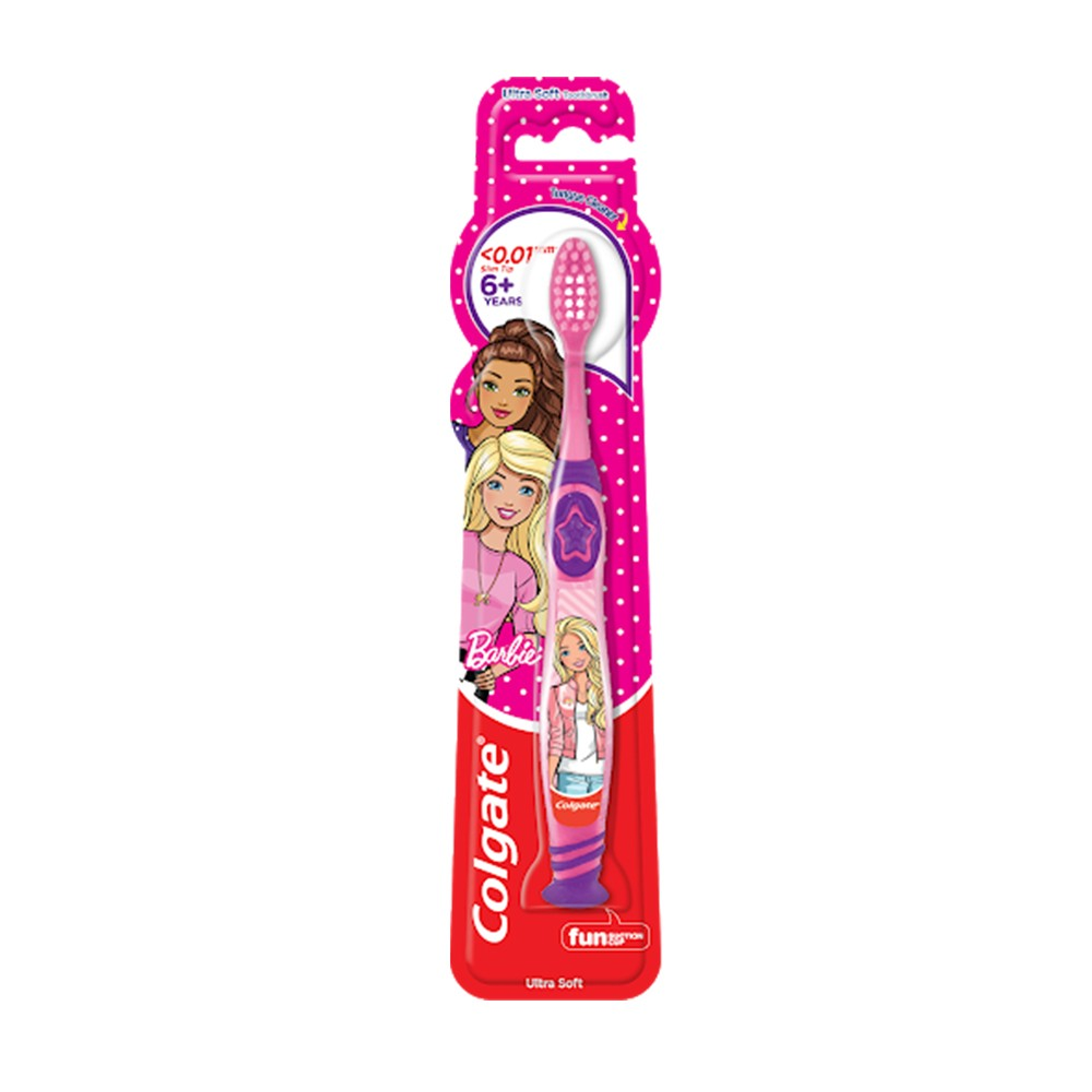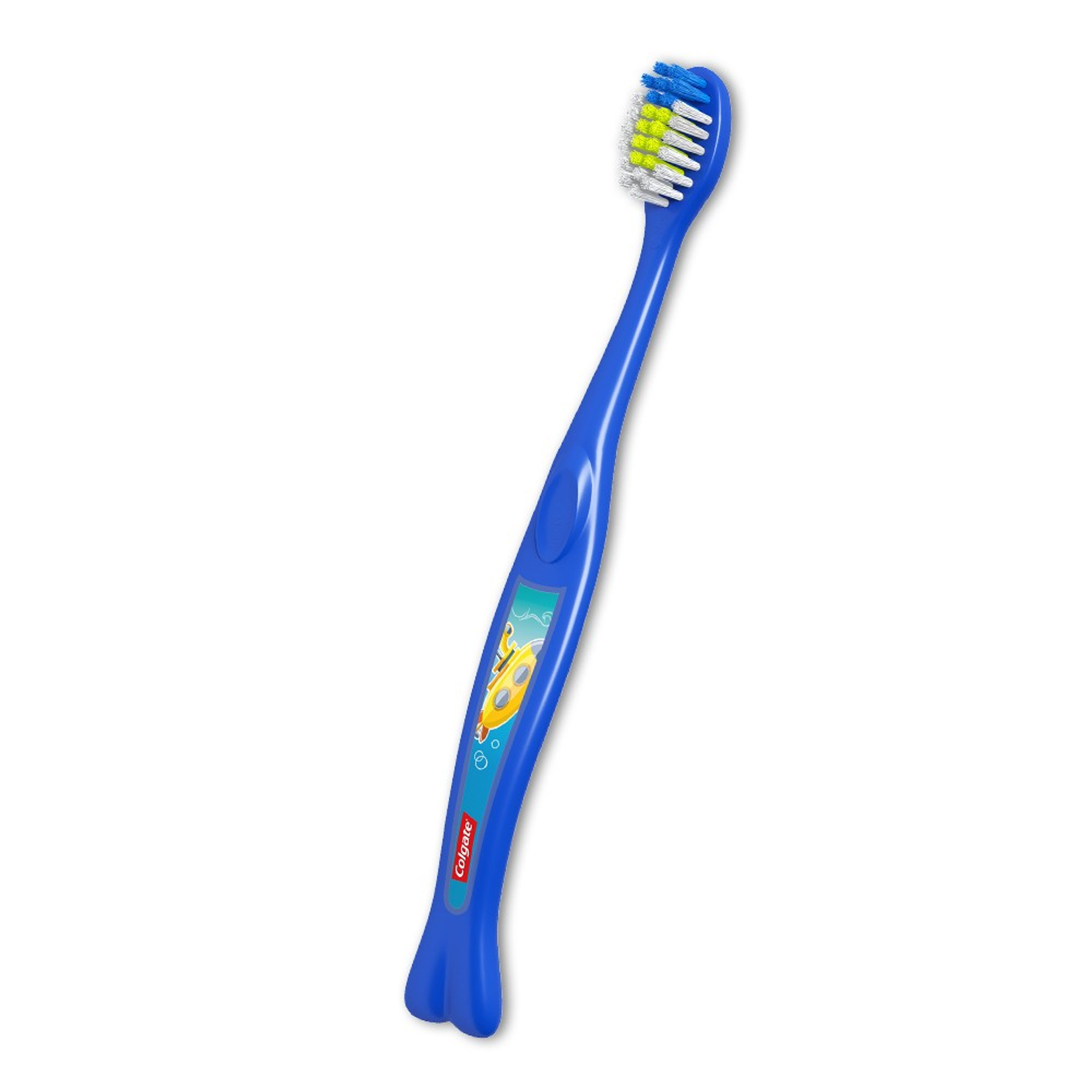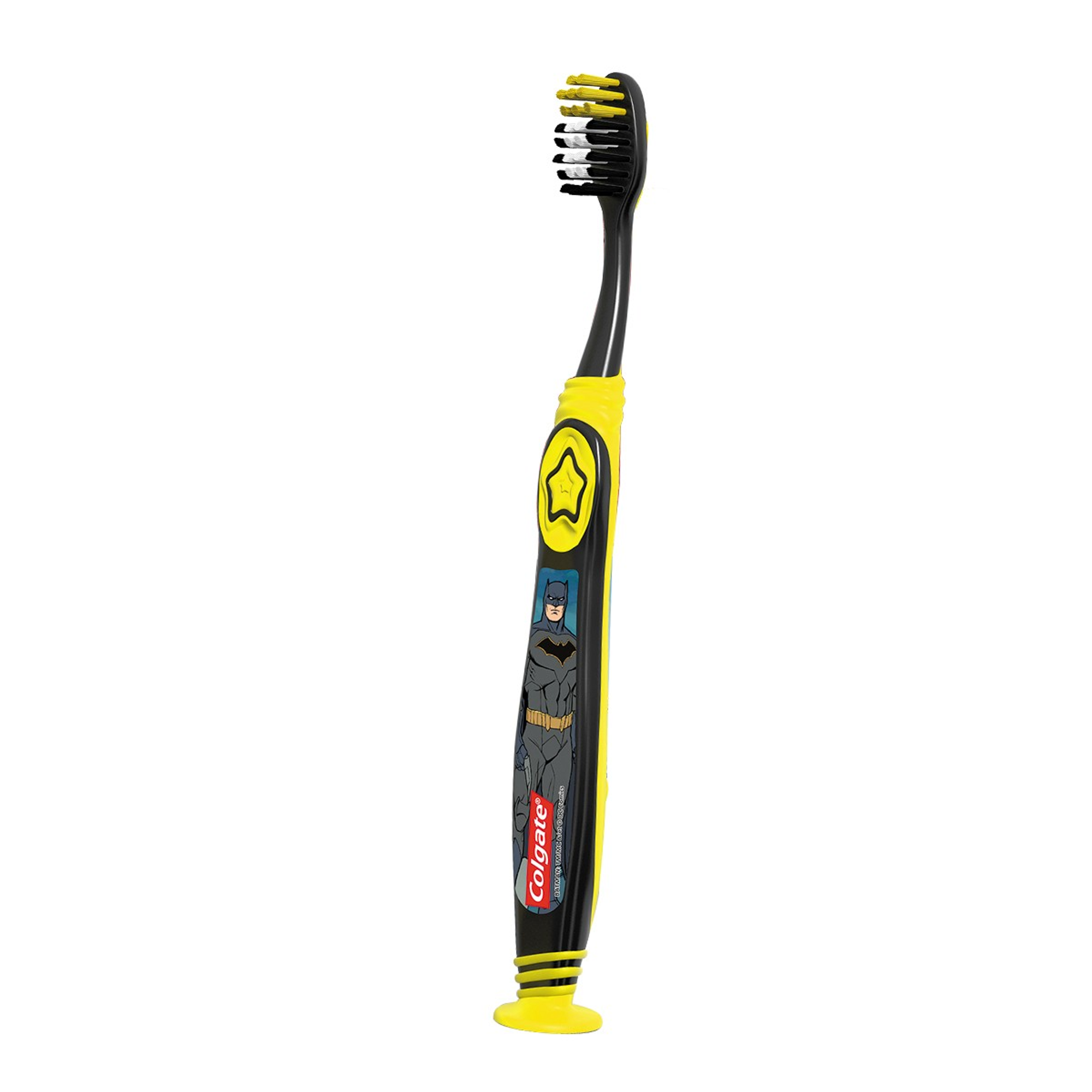-
-

ADULT ORTHODONTICS
Should You Use Mouthwash Before or After Brushing?Brushing and flossing are the foundation of a good oral hygiene routine, but mouthwash can also be a useful addition...

SELECTING DENTAL PRODUCTS
Soft Vs. Hard Toothbrush: Which One Should You Use?The toothbrush has come a long way. As the American Dental Association (ADA) notes...
-
Science & Innovation
- Oral Health and Dental Care | Colgate®
- Oral Health
- Top Teething Remedies For Babies: Helping Your Little One Overcome The Pain
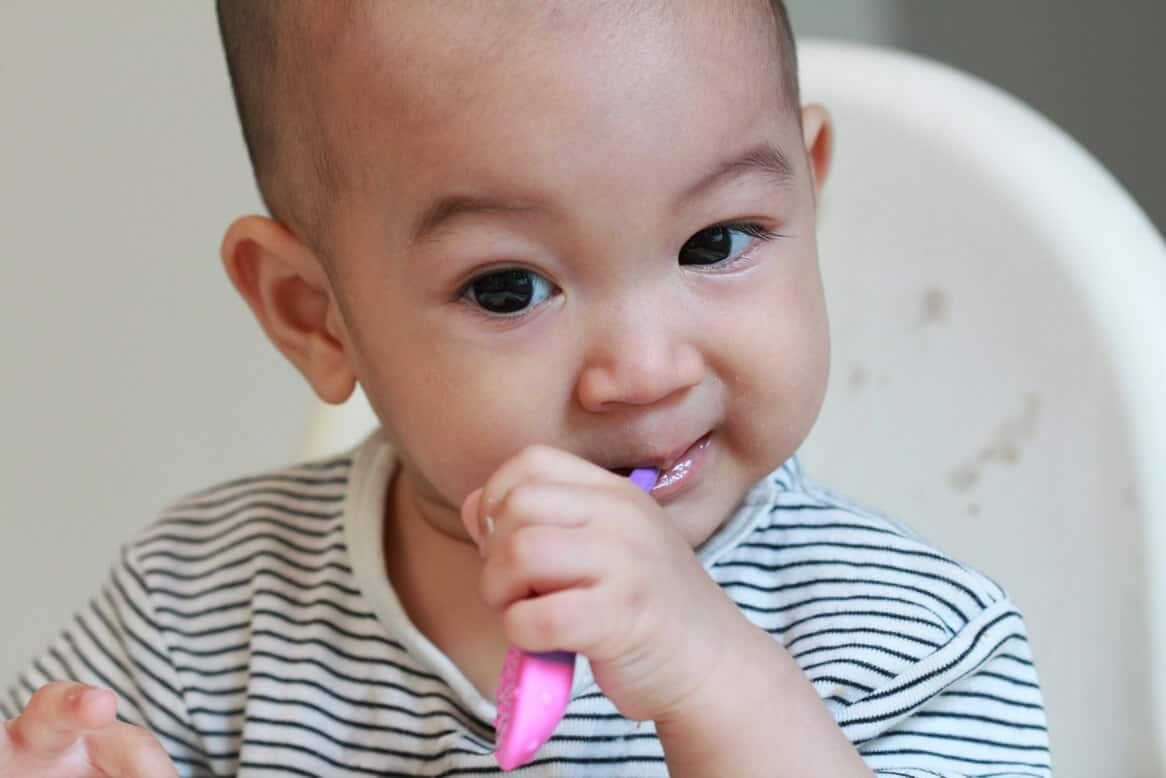

Your baby will experience many milestones. From the first giggle and finger grab to sleeping through the night and their first tooth, experiencing alongside them as parents (especially first-timers) is magical. But before that first pearly white pops out, your baby will enter the teething stage of development. Sometimes this is an easy stage for child and parent, but oftentimes, pain and discomfort accompany teething, which can unsettle any parent. We've rounded up the top teething symptoms to look for – and tried and true remedies to help ease the transition.
When Will My Baby Start to Teethe?
When should you be on the lookout for those first beautiful little choppers? Typically, the first tooth makes its appearance at around 6 months –although it may be as early as 3 months and as late as 1 year. The process typically concludes with all teeth erupting around the 3-year mark. First, it's the front incisors, then the molars, followed by the canines, with the back molars coming in last. As there are 20 total teeth to keep track of, many parents find a baby teething chart quite handy.
Symptoms of Teething
Every child is different and will thus experience different teething symptoms. While they could be one of the lucky ones who feel little pain and discomfort, you should be prepared for red, swollen, and sore gums. Some other signs are:
- Fussiness
- Trouble sleeping
- Irritability
- Loss of appetite
- Excessive drooling
These are very common and can be treated with a little love and parental sense. However, if your child experiences vomiting, diarrhea, and a high fever, contact your pediatrician immediately as these are not teething symptoms.
Top Teething Remedies
While your child may be enduring quite a few teething symptoms, there several teething remedies that counteract and relieve pain and discomfort, including:
- Gently massaging the gums with clean fingers or wet gauze
- Over-the-counter pain relievers specifically designed for babies
- Cold spoon
- Cold washcloth
- Cold teething rings made of firm rubber without liquid in the middle
- Pacifiers
Again, every baby is unique, so you may have to mix and match to find the best combination of remedies that works for your little one.
Teething Remedies to Avoid
Keep in mind that while there are useful remedies like the above to help soothe teething's painful effects, there are also risky teething remedies that are not recommended by the American Academy of Pediatrics. They include:
- Teething necklaces
- While popular, necklace beads are a considerable choking hazard if the beading breaks
- Teething gels
- Chances are these topical gels contain benzocaine, which can not only numb your baby's mouth but also lead to a serious blood disorder, warns the Food and Drug Administration
- Frozen teething rings
- Chill them in the refrigerator rather than the freezer as they can be too hard and cold, making your baby's pain worse
Now that you know what to look for and what you should (and shouldn't) do to help your baby through their teething stage, remember that the one thing you should never run out of is patience. It's every parent's best friend.
Related Articles


Even if you had cavities when you were young, your child doesn't have to develop them. Find out how to protect kids' teeth from tooth decay.

Related Products

Helping dental professionals
More professionals across the world trust Colgate. Find resources, products, and information to give your patients a healthier future




